
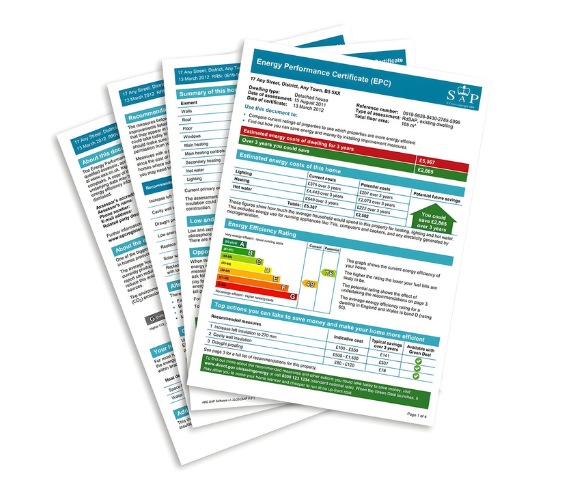
SAP calculations have been a fundamental part of UK building regulations since 1995, meaning that most of those involved in the construction industry are aware of them.
Even so, the EPC Crew is aware that many new developers or first-time self-builders are unaware of the regulations or find the process challenging and daunting.
With decades of experience and broad knowledge of the industry, we can take all the stress out of this step along your construction journey. Our comprehensive service includes performing SAP rating assessments, and we will walk you through the procedure from start to finish.
In basic terms, SAP calculations are a standardised method for evaluating and comparing the energy efficiency of domestic properties in the United Kingdom.
Standard Assessment Procedure (SAP) is the only government-approved system used to calculate the energy and environmental performance of a building. A SAP calculation helps to determine how efficient a dwelling is in terms of energy consumption, and its impact on the environment.
While SAP calculations have been used for around thirty years, EPC rating was introduced in 2007, working alongside SAP to usher in a more effective system. The EPC crew is proud to be a part of this move towards improved energy efficiency.
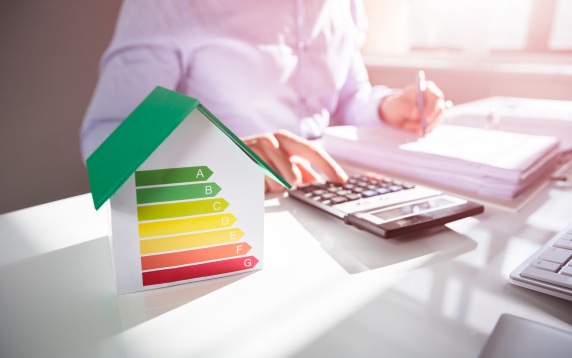

The SAP Rating is expressed on a scale from 1 to 100, with higher scores indicating a more energy-efficient and environmentally friendly building. A higher SAP score signifies lower energy consumption and reduced carbon emissions. For example, a score of 100 represents a zero energy cost rating.
As such, a building with a good SAP score is considered more desirable and valuable in the real estate market.
The primary purpose of SAP calculations is to:
Environmental Impact Rating. SAP also assesses the environmental impact of a building, including its carbon emissions. This information is used to improve the sustainability of new and existing homes.
SAP calculations take into account various factors, including:
All of these factors help the assessors to determine your home's energy performance.
This task must be undertaken by accredited On Construction Domestic Energy Assessors (OCDEA). Any inspection or assessment provided by an unqualified person will be regarded as void, and you may face fines and legal problems relating to the completion and sale or rental of the property.
An EPC Crew on construction domestic energy assessor is fully trained, qualified and equipped for the task and will guide you all the way through the procedure.
The average duration of a SAP assessment can vary depending on several factors, including the complexity of the building, the availability of necessary data, and the experience of the assessor. However, a standard SAP assessment for a typical new residential building can often be completed within a few hours to a couple of days.
You will need to contact the EPC Crew for a SAP EPC if the following circumstances apply:
It is vital that you arrange for this procedure as early in the design stage as possible, to avoid potentially costly alterations later. It is a legal requirement to undertake this process before construction work begins.
We will issue a SAP calculation along with a Predicted Energy Assessment (PEA), providing an estimate of potential energy costs.v
These calculations offer various benefits that not only help meet regulatory requirements but also contribute to the overall sustainability and efficiency of new constructions. Here are some key benefits of SAP calculations in relation to new buildings:
Access to Incentives. In some cases, new buildings with high SAP ratings may be eligible for government incentives or grants designed to promote energy efficiency and sustainability. These incentives can help offset the initial costs of incorporating energy-efficient features into the building.
Our goal is to consistently deliver exceptional service to all of our customers, regardless of property size. We hold ourselves to the same high standards for every client who relies on us for their EPC needs.








No, although they are linked, and this is where a lot of confusion arises.
Every property that's built, sold or rented (with a few exemptions) requires an energy performance certificate (EPC). With a new dwelling, a SAP EPC certificate is required. That is, a specific SAP assessment must be performed as part of the EPC rating process.
For existing dwellings (sold or rented out), the SAP calculations underpin the EPC rating, although a separate SAP assessment is not necessary. The link between the two comes from the scoring system between 1-100, and this is used to determine which band the property falls into (between A and G).
The fundamental difference between SAP and Energy Performance Certificates is that a site visit is not necessary for SAP assessments.
The EPC Crew handles Energy Performance Certificate inspections for these properties in addition to our SAP work for new builds.
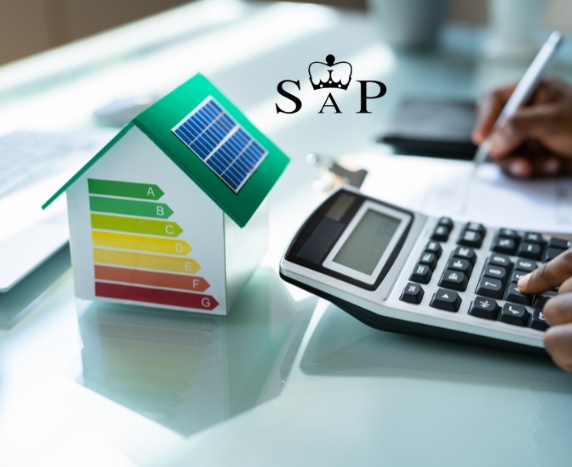
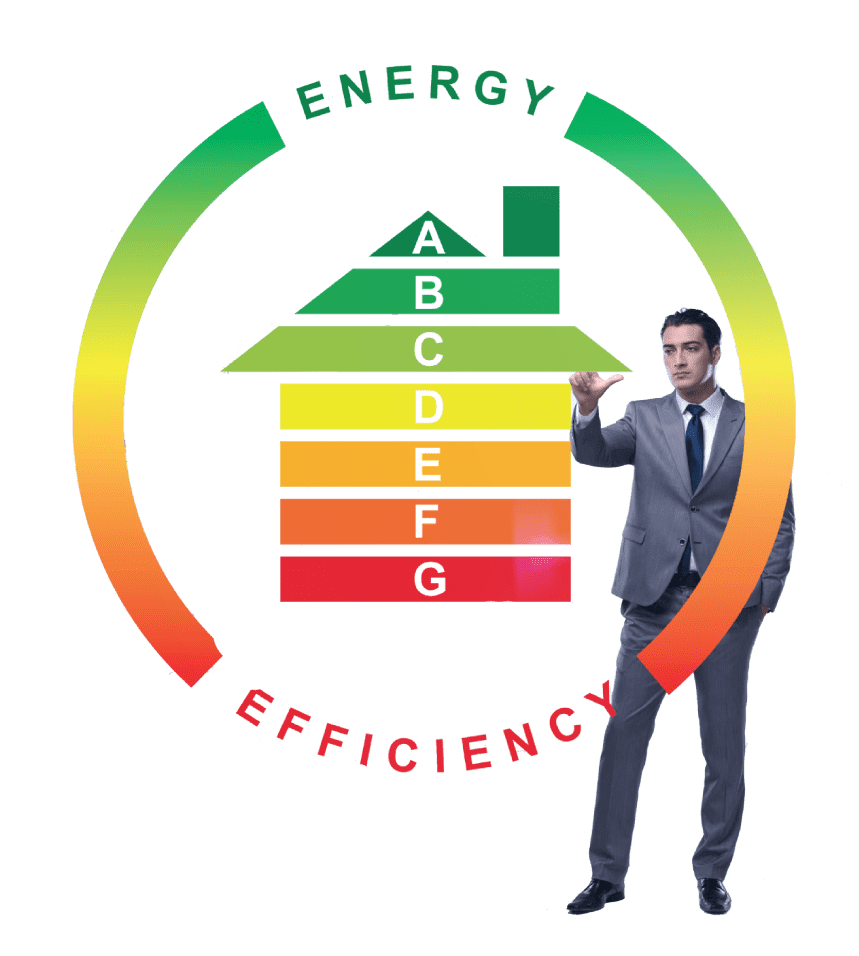
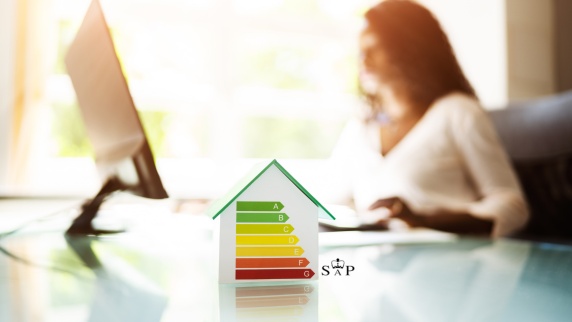
Remember, the sooner you get your SAP energy performance score, the better!
At EPC Crew, we are your trusted partner for SAP ratings in the electrical industry. With our experienced team and commitment to energy efficiency, we ensure your projects not only meet regulatory requirements but also contribute to a greener and more sustainable future.
Submit your review | |


A SAP calculation is required to assess and demonstrate the energy efficiency of a new building, extension, or conversion in compliance with UK building regulations. It ensures that the construction meets legal energy-saving targets and helps in obtaining an Energy Performance Certificate (EPC), which is mandatory for the property to be sold or let.
A SAP (Standard Assessment Procedure) calculation is the UK government's method for evaluating the energy performance of residential buildings, while an EPC (Energy Performance Certificate) is the document that summarises the energy efficiency and carbon emissions of a property. Essentially, the SAP calculation informs the EPC, which is required for selling, renting, or building properties.
Yes, a SAP calculation may be necessary for an extension or conversion to ensure that the new work complies with the energy requirements set out in Part L of the Building Regulations. It's particularly important if the extension or conversion adds more than a certain size or changes the building's energy profile significantly.
A SAP calculation should be conducted at the design stage of a new build, extension, or conversion before construction begins. This allows for any necessary design adjustments to ensure compliance with building regulations. A final calculation, often referred to as an 'as-built' SAP, is also required upon completion to confirm the building meets the intended energy specifications.
